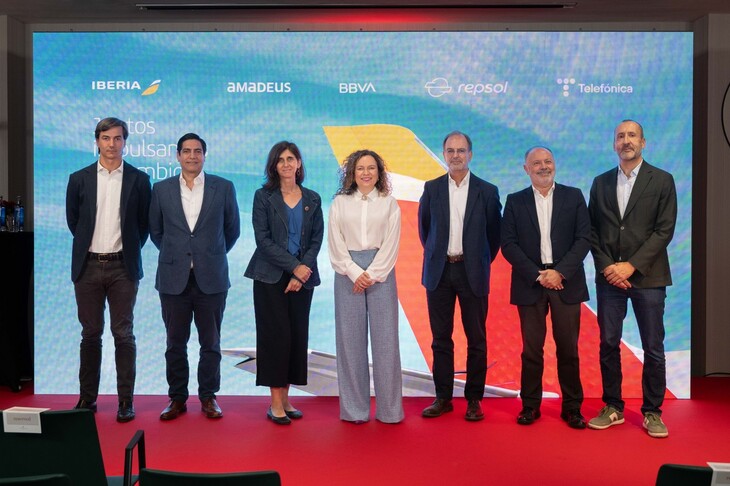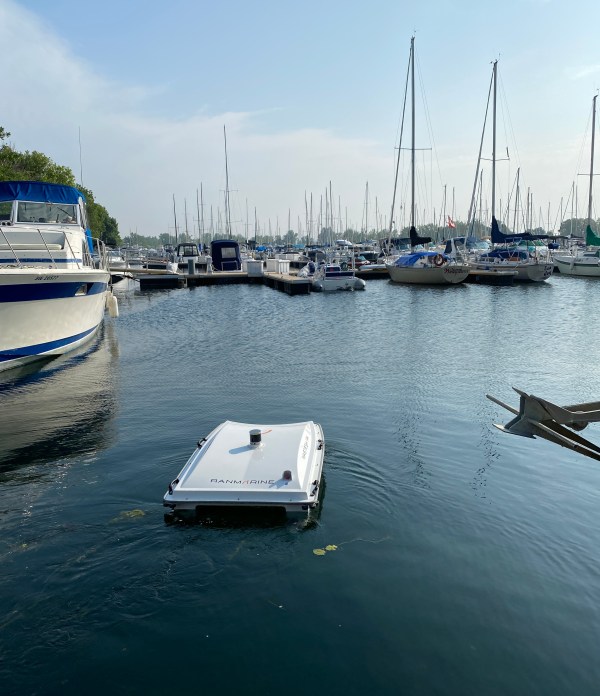Responsible digitalisation is also achieved through small actions. And, in this regard, we are taking a new step: business travel by plane from Telefónica will be more sustainable.
Together with Amadeus, BBVA and Repsol, we are one of the founding companies of “Círculo SAF”. Together with these three corporations, we are contributing to the reduction of part of the emissions generated by certain corporate trips and cargo flights operated by Iberia, promoting the use of Sustainable Aviation Fuel (SAF) on these flights. This means a reduction in global emissions in the aviation sector, contributing directly to the fight against climate change, with an estimated reduction of between 10% and 30% in Scope 3 emissions from companies in their activity with Iberia.
What is Sustainable Aviation Fuel?
SAF is an alternative to traditional fuel to reduce the carbon footprint of flights
Sustainable Aviation Fuel (SAF) is an alternative fuel for flights. It is produced from agricultural or forestry waste, or from renewable hydrogen, CO2 captured from the air or industrial processes. Compared to traditional kerosene, SAF can reduce greenhouse gas emissions by around 80% in terms of life cycle, according to the European Union Aviation Safety Agency (EASA).
The great advantage of SAF is that it can be used without making any changes to aircraft engines or airport infrastructure. It is therefore currently the viable alternative for reducing part of the emissions in the aviation sector.
Why are we joining this initiative?
- Because our commitment to achieving net zero emissions by 2040 also includes our value chain. And that means an ESG culture with more sustainable habits on all fronts.
- Because, although corporate travel only accounts for 2% of our global indirect CO2 emissions (scope 3), every tonne counts!
- Because it is a pioneering proposal that translates into real changes in the decarbonisation of the economy and accelerates the energy transition.
If we change, everything changes.







